Die momentante Situation ist auch deshalb so gefährlich weil jetzt und heute Petrow den Abschuss machen würde.
Petrow könnte den Abschuss gar nicht machen, weil Putin den Atomkoffer hat. Was vermutlich auch damals schon so war mit Breschnjew.
Nun man sollte sich schon besser daran halten. Frag mal die Iraner. Aber ist dir auch klar, was das für eine große Sache wäre, wenn Deutschland aus dem Vertrag aussteigt?
Du meinst die Amerikaner würden uns angreifen? Wir haben doch durch diese Beteiligung theoretisch schon Zugriff auf Nuklearwaffen. Weiß ich nicht, ob das eine große Sache wäre. Die meisten Länder haben vermutlich keine Angst vor Deutschland. Die Bundesregierung könnte es mal ventilieren und schauen wie die Reaktionen sind. Natürlich erst nachdem der Ukraine Krieg beendet ist.
Toll. Wir brauchen sicher auch eigene Flugzeugträger, und Atom-Uboote
Bis wann wäre diese Aufrüstung möglich ?
Wie finanzieren wir es ?
btw. Wieso sind die Amis außer Rand und Band ?
Flugzeugträger nicht, aber Uboote wären für Deutschland wohl die einzige Option.
Wenn die Verbündeten, also USA oder GB oder Frankreich uns ihre Technologie überlassen - sofort? Frankreich hat zumindest bezüglich der Nuklearwaffen sowas zumindest angedeutet. Die Französischen Atom-Uboote der Triomphant Klasse tragen scheints knapp 100 Atomsprengköpfe und kosten 10 Milliarden pro Stück. Für die schon bewilligten 100 Milliarden könnte man also 10 Stück mit 1000 Atomsprengköpfen kaufen. Durchaus schon eine beachtliche Zweitschlagsfähigkeit.
Im letzten Schröder-Somuncu Podcast meinte Schröder, Putin habe deshalb den Angriff begonnen, weil er fest davon ausging, dass Trump die Wahl gewinnen würde, dank russischer Unterstützung. Und Trump wäre dann mit Sicherheit aus der NATO ausgetreten. Interessante Idee. Auch wenn ich nicht glaube, dass Trump aus der NATO austritt.

